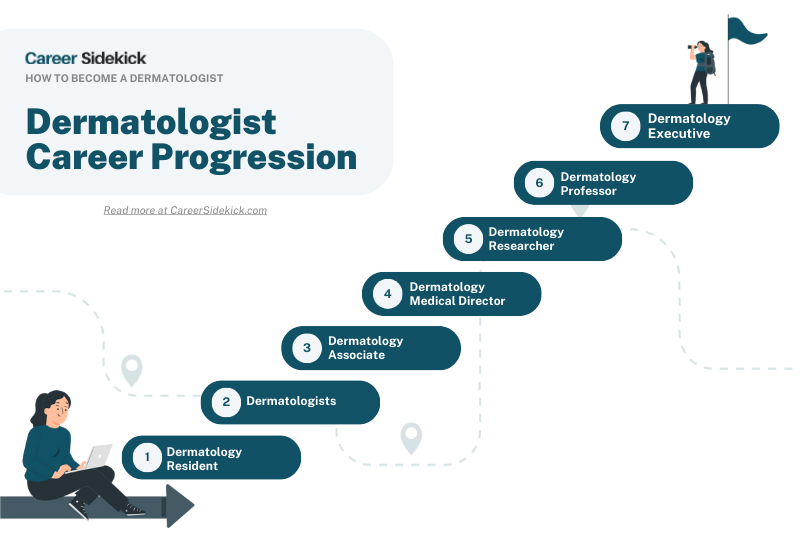This audio is auto-generated. Please let us know if you have feedback.
Dive Brief:
A vast majority of workers surveyed — 83% — say they would stay longer at a firm with a skills-first approach, according to a Nov. 22 report from EY and iMocha. Notably, 48% of employees surveyed said they are “inadequately rewarded” for their skills.
For companies focused on a skills-first approach, HR objectives like career pathing and internal mobility are considered as much a priority as objectives like reducing attrition, according to the report. Integrating skills data into HR processes remains a key challenge, however.
Skills-first companies reported 2-times higher revenue growth rates compared to others over the past three years, according to the report, as well as positive impacts in talent retention and performance.
Dive Insight:
“Skills-first” is a buzzword that’s received copious attention from employers, but it is a cultural ideal that has proven a little difficult to adopt, various reports have said.
Organizations tout the efficacy of the skills-based practices that the EY and iMocha report lists, including career mapping and hiring for ability over degrees, but the problem for employers tends to lie in making the changes required to achieve those ideals, a Deloitte report from last year said.
And while demand for skills-based hiring is high thanks to massive skill shortage concerns, many employers are still not adopting it quickly enough to make up for those gaps, a General Assembly report from February concluded.
But the impact of such practices can be far-reaching, other organizations have said. Employers and employees both can benefit from a skills-first approach by not only opening up jobs to more workers, but improving diversity and access across the board, OneTen, a group that connects Black talent without four-year degrees to career openings, said in a report. To do so, however, may require a complete rehaul of job descriptions and job ads, the organization noted.






